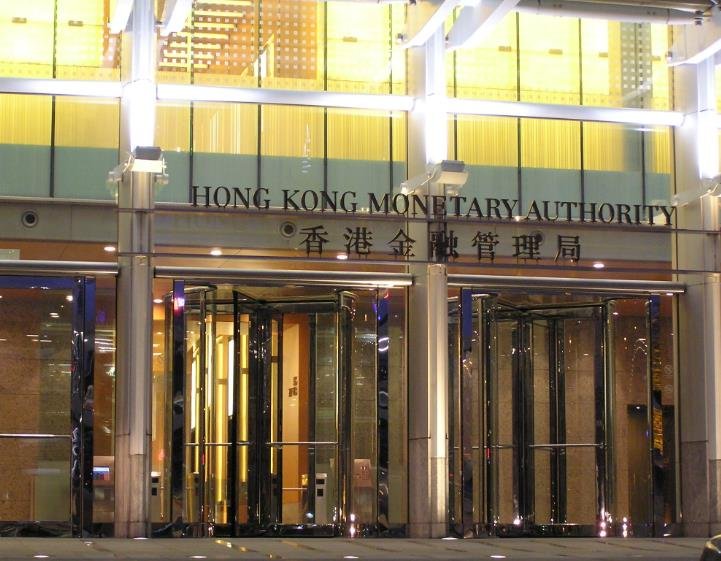The Hong Kong Monetary Authority (HKMA) is stepping up its fintech game by partnering with central banks from Thailand and Brazil. This collaboration aims to explore and develop cross-border tokenization projects, signaling a significant move towards more integrated and technologically advanced financial systems.
Advancing Tokenization in Trade Finance and Beyond
Hong Kong’s financial watchdog is teaming up with the Bank of Thailand and Banco Central do Brasil to delve into tokenization projects. These initiatives focus on areas like trade finance and carbon credits, aiming to create more efficient and transparent financial processes. By leveraging distributed ledger technology (DLT), the partners seek to enhance the interoperability of their financial infrastructures.
The HKMA’s Ensemble Sandbox will be linked with Thailand’s Project San and Brazil’s Drex pilot platform. This connection is designed to test Payment versus Payment (PvP) and Delivery versus Payment (DvP) settlements. These experiments are crucial for developing seamless cross-border transactions, reducing settlement risks, and improving overall market efficiency.

Building Proof-of-Concepts for Interoperable Financial Systems
Both collaborations involve constructing proof-of-concept models to explore the practical applications of tokenized assets. The focus is on ensuring that different financial market infrastructures can work together smoothly. This interoperability is essential for the global financial ecosystem, where seamless cross-border transactions can drive economic growth and stability.
Key Areas of Exploration
- Trade Payments: Streamlining international trade by reducing delays and increasing transparency.
- Carbon Credits: Facilitating the trading of carbon credits to support environmental sustainability.
- Green Finance: Promoting investments in environmentally friendly projects through tokenization.
These areas highlight the versatile applications of tokenization, extending beyond traditional financial services to address global challenges like climate change.
Enhancing Financial Technology Integration
Howard Lee, deputy chief executive of the HKMA, emphasized the shared vision behind these partnerships. “Expanding our partnership to explore cross-border tokenization use cases further underscores this shared vision,” Lee stated. This collaboration signifies a commitment to integrating advanced financial technologies across different markets, fostering a more connected and resilient global economy.
The Ensemble Sandbox serves as a testing ground for these innovations, allowing the central banks to experiment with new technologies in a controlled environment. This approach helps identify potential challenges and refine solutions before broader implementation.
Strategic Implications for Global Finance
The partnership between HKMA, Thailand’s BOT, and Brazil’s BCB is poised to influence global financial practices significantly. By pioneering cross-border tokenization, these institutions are setting the stage for more efficient and secure financial transactions worldwide. The ability to conduct PvP and DvP settlements seamlessly can revolutionize how international trade and investments are managed.
Benefits of Cross-Border Tokenization
- Increased Efficiency: Faster settlement times and reduced transaction costs.
- Enhanced Security: Lower risk of fraud and settlement failures through automated processes.
- Greater Transparency: Improved traceability of transactions, fostering trust among stakeholders.
These benefits not only enhance the operational aspects of financial transactions but also contribute to a more stable and trustworthy global financial system.
Future Prospects and Industry Impact
As these tokenization projects progress, the financial industry is watching closely. Successful implementation could lead to widespread adoption of tokenized assets, transforming how financial markets operate. The collaboration between HKMA, Thailand, and Brazil serves as a blueprint for other central banks looking to embrace fintech innovations.
The ongoing experiments will provide valuable insights into the practicalities of cross-border tokenization, helping to shape future regulatory frameworks and industry standards. As these projects advance, they will likely pave the way for more integrated and technologically sophisticated financial systems globally.








